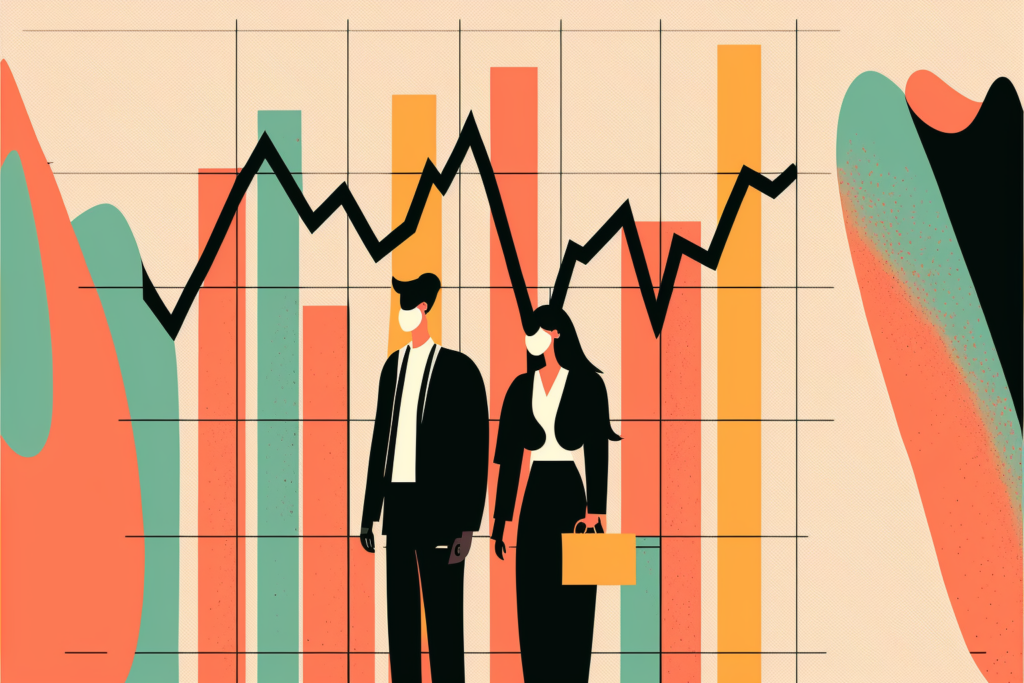
This post is about some special aspects on the economics around dating platforms. I will discuss how price discrimination can benefit everyone, the rare phenomenon of increasing marginal returns and how incentives might make dating platforms choose to be bad at matching people with each other.
Single people use dating services (such as Tinder, Grindr, match.com among many many others) to find a partner. When they find a good match they will be off the market and stop using the platform. In other words, people use dating apps in order to find a reason to stop using them. The issue for these dating platforms is that it’s not easy to get paid for matching people with potential partners. This being said, they can’t just straight copy a business model from other companies who provide similar matching services such as matching companies to potential employees; or for another example, matching residents with housing. Different dating services use distinctive models to bring in revenue. They might charge the user to be able to use the service, have ads on the platform or allow people to use some simpler version of the app for free and then offer a premium service costing money.
It’s important to notice that a company that wants to maximize it’s profits is not necessarily a company that seeks to provide the best matchmaking service. If the company gets their revenues from ads on the platform then they want as many users as possible, not matching as many people as possible who will then leave the platform. At the same time, if the platform doesn’t manage to match any new couples, people will leave for the same reason (given that they are informed of this). So the optimal matching-strategy for the company will be different depending on what their income scheme looks like. So, if you are not paying for a service you are using, that gives you a hint that you are not the customer in their business, you are the good that they are selling. This is not to say you are being fooled, it might still be a great app if the incentives for the company are good.
Giving people access to a simple version of the app and then offer a premium version with additional features is a kind of price discrimination. The price difference obviously can’t be explained by difference in production costs, it is a way to separate out those who are willing to pay more from those who are not. If the company only had the best version of their dating platform, and charging everyone the same price, not as many people would use the app. It is therefore better for them (as in giving them more revenue) to try and filter out those willing to spend money on the dating service by offering a premium service. The free riders get to use the platform they otherwise would choose not to use so they are winners too under this model. The premium members are better off too since there are more people using the platform than before, making it a better app for finding a date. A win-win-win situation in other words.
A second aspect of dating platforms that is a bit special derives from the fact I just mentioned above. That the value of the dating service increases with the number of users. The individual user will be willing to pay more to use the app the more people are on the platform. This influences what kind of income scheme the company chooses to go with, this is why most dating services offer some free features, to get as much people to use the platform as possible. In economics jargon this concept is called increasing marginal returns. In our digital age this is becoming a more and more common phenomenon. The strength of social media platforms such as facebook, snapchat and instagram comes from the fact that so many people are using them. This changes some of the dynamics of the economy. If you succeed in getting users to your platform, you will win big time. But it’s also a lot more difficult for outsiders to compete with these giants, since only the very best get all the customers. Their monopolistic situation is however fragile, and big companies might have difficulties readjusting when circumstances change (see companies like Nokia, Microsoft and Zodac). Something small entrepreneurs can take advantage of in order to become the new king of the hill.
Dating platforms differ in interesting ways from other kind of services that people use. By thinking of what incentives motivate the actions of these companies helps us understand the reasons for their success and the mechanisms of the economy. Thanks for reading, if you have any comments, questions or other feedback, please let me know!
Big thanks to Collin Peeples for great feedback